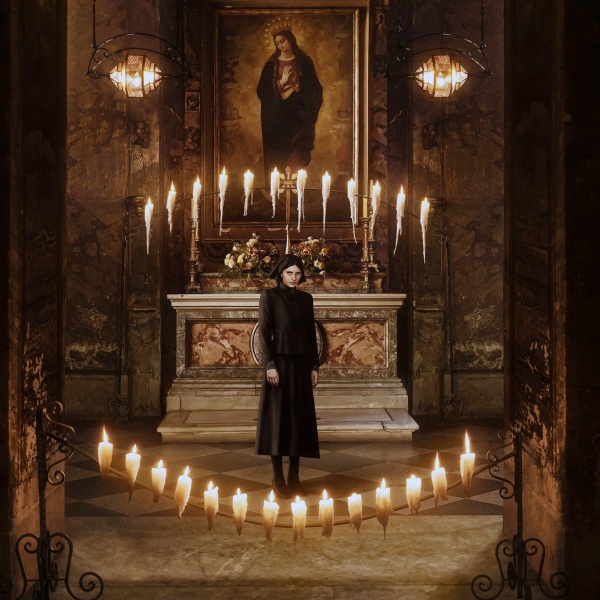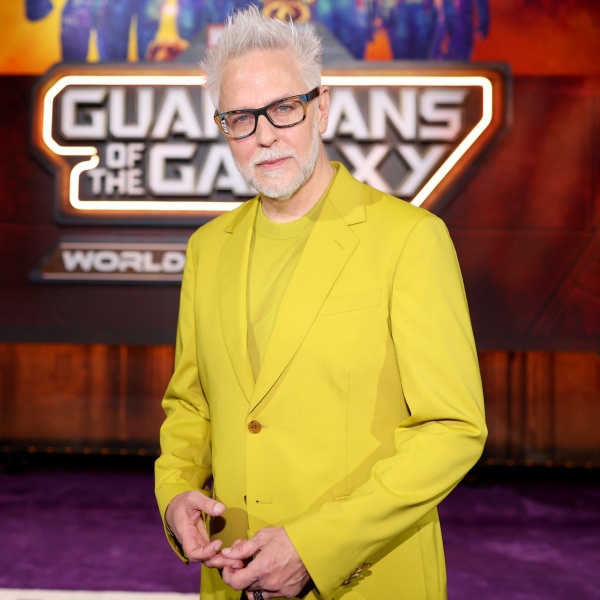Like all demos, viewers of Black-led programming are cutting the cord in favor of streaming. Many end up at Philo.
Philo is not a niche SVOD (subscription video on-demand) service like BET+. The cable replacement boasts 70+ channels; it just so happens the vMVPD (virtual Multichannel Video Programming Distributor) serves certain niches — like BET’s — really well.
To hear CMO Nii Addy say it, Philo is about affordability and focus — and definitely not sports. (Though ironically, Philo will technically have the Super Bowl this year for the first time ever — it’ll live-stream the slime-covered Nickelodeon telecast.)
When every other vMVPD was chasing pricey sports rights, Addy stepped aside and let them through. What those services ended up with was a huge bill; the basic monthly Philo bill, including unlimited DVR, has remained just $25 since June 2021. (There are add-ons available; Starz, for example, is another $10/month.
“There are plenty of people that don’t watch sports,” Addy said.
As of 2020, 800,000 of them subscribed to Philo; while the service has grown since then, new numbers have not publicly been reported (or shared with IndieWire for this story).
What many Philo subs do watch is a whole lot of Tyler Perry. Last week, three of the Top 5 series on Philo were from BET; the Top 2 shows, in order, were Perry’s “Sistas” and “The Oval.” Four of its Top 10 movies were from BET, and the Ebony TV stream of Perry’s “Diary of a Mad Black Woman” was third overall.
A quick review of prior weeks confirms the breakdown to be typical for Philo; if anything, four Black-led TV series often make the Top 5.

Philo, launched in 2010 by Harvard guys Tuan Ho and Nicholas Krasney, ended up here by accident. “Out of the gate,” Addy noticed a “resonance…with people who really love African-American content.”
“So we connected those dots, and since then have invested in super-serving that audience,” he said; Philo since added TV One and Starz to its existing lineup, including BET, VH1, weTV, and OWN. (There’s also Diddy’s Revolt, aspireTV, BET Her, and Cleo TV.)
Addy says Philo now has “the most robust collection of appealing content to that audience available.” (Especially at its price point; Sling packages start at $40 per month.)
It may be obvious to some, but it is still important to note the distinction between people who like Black-led content and Black people. Philo’s audience for Black-led shows and films is 43 percent African-American. That’s a hefty percentage and almost certainly the preeminent single demographic watching Philo’s Black-led shows and films, but it also means more than half of viewers are not African-American.
Addy calls the group his “Heavy Omnivores,” a collection of subscribers who skew female and are mostly between the ages of 25 and 54. (In nature, an omnivore is a person or animal who eats food of both plant and animal origin. At Philo, it’s a play on the stark differences between Black-led shows and Home-Improvement TV, another favorite of the Heavy Omnivores.)
The omnivores are one of “three or four large cohorts” (out of nine segments identified by a recent survey) on Philo. It is “the most engaged” group on the service, Addy found, with each omnivore averaging about four hours of watch time per day.
His other large cohorts are:
Made for TV Movie Watchers
They enjoy Hallmark and like channels, are generally 55+, and are (as Addy put it) “allergic” to kids programming.
Procedurals
This group slightly skews female; 80 percent are between 35-64. As the name indicates, they enjoy procedurals (“Law & Order”) as well as emergency-job dramas (“Grey’s Anatomy”).
Sunshine Parents
This segment is balanced in gender but skews younger (more than half are under 35). They are highly engaged and enjoy a variety of content, including kids’ programming and Lifetime movies.





